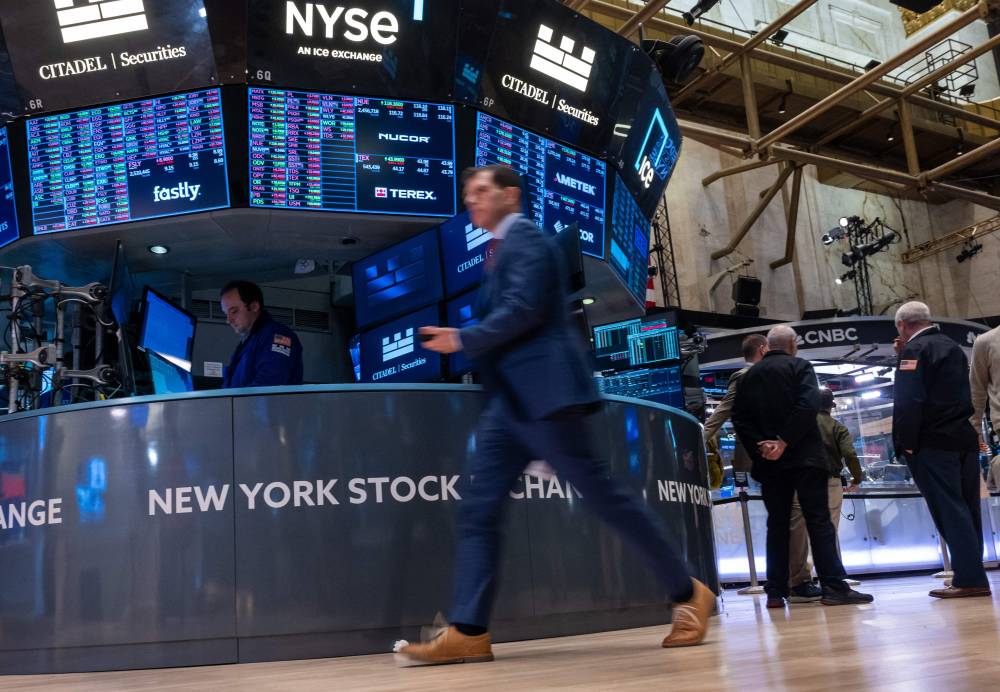US economy faces multiple policy risks from Trump's proposals: J.P. Morgan expert
The US economy probably would grow by around two per cent in 2025, lower than that in the previous two years, said Joyce Chang, chair of J.P. Morgan Global Research, on Sunday at a show organised by the US National Retail Federation (NRF).

NEW YORK - The US economy faces risks from President-elect Donald Trump's policy proposals on trade, immigration, tax and fiscal spending, as well as regulation, said a top expert of J.P. Morgan, reported Xinhua.
The US economy probably would grow by around two per cent in 2025, lower than that in the previous two years, said Joyce Chang, chair of J.P. Morgan Global Research, on Sunday at a show organised by the US National Retail Federation (NRF).
Speaking at NRF 2025: Retail's Big Show, Chang said the United States could lose about 100,000 payrolls each month if the country has lower immigration, and lower immigration flows also mean lower productivity and less consumer spending.
The trajectory of US fiscal spending is unsustainable and US treasury yield is going to stay elevated, said Chang.
"We have treasury (yield) trading in a completely different range of four per cent to five per cent," Chang added.
She noted the US treasury market could face a test like what happened in August 2023 when treasury yields ticked up and the US dollar gained.
Moreover, Trump's tariff proposals on Mexico, Canada and China would lift US inflation by one percentage point and reduce US economic growth by 0.7 percentage points, according to Chang.
If the United States imposes a 10-per cent universal tariff, it would add about US$1,250 of costs to an average US household, added Chang.
A lot of people think the tariff proposals are used to gain negotiation leverage, "but it raises the level of uncertainty," she said.
Consumer discretionary bears the most substantial headwinds related to tariff and immigration policies with toys, consumer electronics and home furnishings at the top of a list demonstrated by Chang.
With the tariffs now being talked about to be expanded to other parts of the world, "the whole issue of how do you diversify your supply chain is gonna be much more of a question mark going forward," said Chang. - BERNAMA-XINHUA
Download Sinar Daily application.Click Here!














